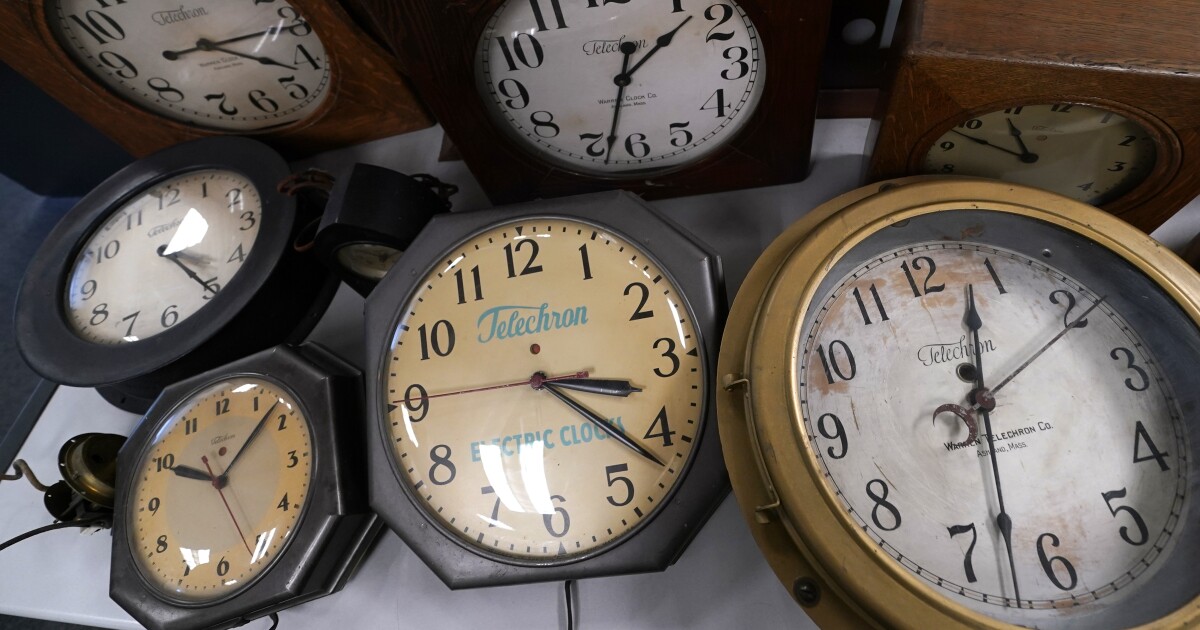This weekend Marylanders will move their clocks back to Daylight Standard Time, once again fussing with their circadian rhythm and causing some health effects.
While moving from Daylight Saving to Daylight Standard Time affords residents one extra hour of sleep, the change in how we perceive sunlight can cause some mental health issues.
“There are increased reports of disturbed mood, which includes things like irritable ability or sadness, or feelings of loneliness, for example, in increased suicide attempts,” said Emerson Wickwire a section head in sleep medicine at the University of Maryland Medical System. “In the fall, we do get an extra hour of sleep. If we plan ahead and savor that hour, individuals will describe some changes in mood, some changes in energy level, some changes in cognition, but certainly it’s a much more mild effect compared to the spring.”
When we lose an hour in the spring, things can get messier. There are more traffic accidents and reported cardiovascular events.
However, the mental health effects of Daylight Standard Time aren’t to be shrugged off. Even after the clocks change, people report the earlier time for the sun setting as one of the reasons for feeling blue during the fall and winter.
Sometimes people will only see the sun in the morning because it’s already set by the time they are off work.
Wickwire suggests waking up earlier to get more light exposure. He recommends exercising regularly to reduce stress and increase endorphins.
